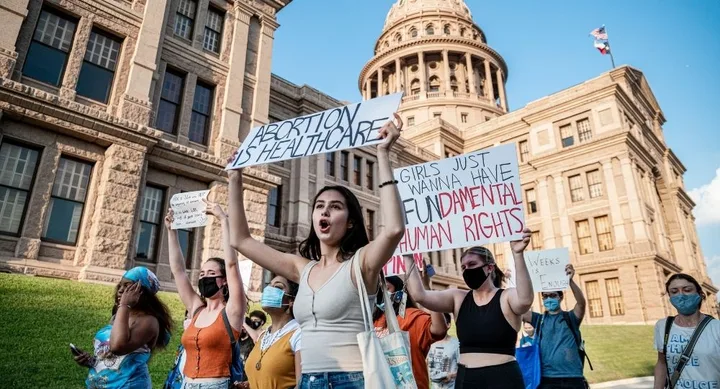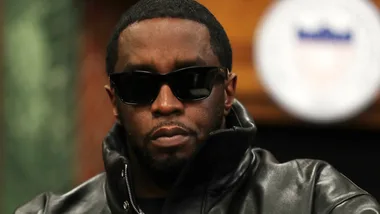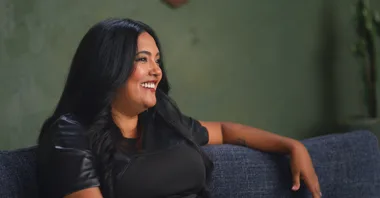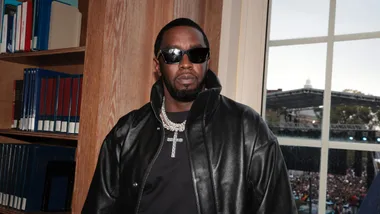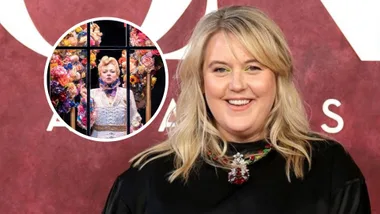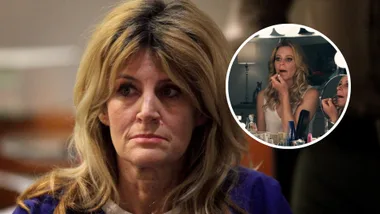In 1973, the United States Supreme Court decided upon a ruling that legalised abortion nationwide in America.
The landmark Roe vs Wade case saw the court rule in favour of a Texan woman wishing to have an abortion safely and legally in a state that prohibited it – and in doing so, gave millions of women around the country the same freedom.
But on September 1, nearly half a century of activism and hard work was turned upside down after the very same state enacted The Texas Heartbeat Act.
Also known as SB 8, the act bans a woman from having a medical abortion once a “foetal heartbeat” is detected – which can be as early as six weeks into a pregnancy. The term has been described by medical authorities as misleading because, at this early stage, the embryo is not yet a foetus and doesn’t have a heart. The act also gives no exemption for women who are pregnant as the result of rape or incest.
While the law itself is in direct violation of Roe vs Wade, it’s also very unusual in that it’s a civil law that allows a person to sue anyone who “aids or abets” an abortion beyond six weeks of pregnancy. That means doctors, nurses, a woman’s family and friends, even an Uber driver who takes someone to a clinic, are at risk of being fined $13,500 for their involvement.
Many have labelled the fine as a “bounty”, as any person who effectively dobs someone in can also receive a $13,500 payment of their own if they win the case.
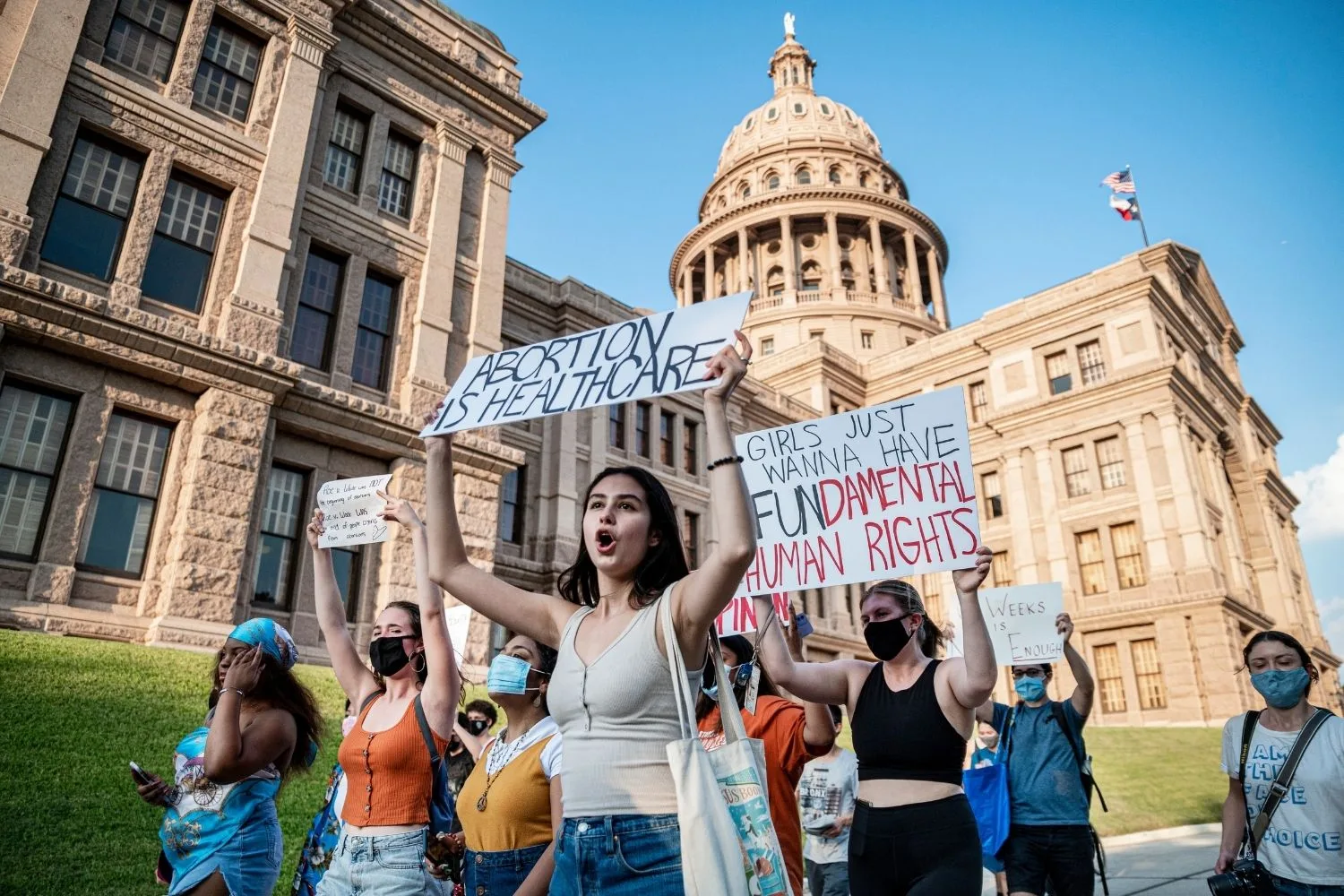
Abortion rights groups say the law amounts to a near-total ban in Texas as 85-90 per cent of abortions are obtained after six weeks of pregnancy. It will force many clinics to close and also see thousands of women have to travel out of the state for an abortion, if they can afford to do so.
Medical experts, politicians and celebrities alike have come out in force to slam the Texas law and the Supreme Court’s decision to refuse an emergency appeal to stop the ban. Elizabeth Banks, Emmy Rossum and Eva Longoria were amongst the many stars who tweeted support for Texas women with the hashtag #BansOffOurBodies.
“It’s crazy to witness my home state of Texas pass our nation’s most restrictive abortion laws and in doing so, take many strides in the wrong direction,” Longoria, 46, tweeted.
“This is a blatant violation to all women … To all women, your body is your right. You are strong. We are strong!”
While the war for reproductive rights in America rages on from afar – with the Supreme Court also due to hear an appeal to allow Mississippi to ban most abortions after 15 weeks of pregnancy in a matter of weeks – there is still a long way to go even Down Under.

Although many assume Australia has forged ahead when it comes to a woman’s right to choose, abortion was only fully decriminalised in Queensland in 2018, New South Wales in 2019 and South Australia earlier this year – falling into alignment with Western Australia, which was the first state to decriminalise it back in 1998.
Despite this, restrictions remain, with many states and territories still having a limit on the gestational term a pregnant woman is able to access the procedure, plus there are still penalties prescribed for “unlawful” abortions.
The service itself can also still be difficult to access, especially for those living in regional communities.
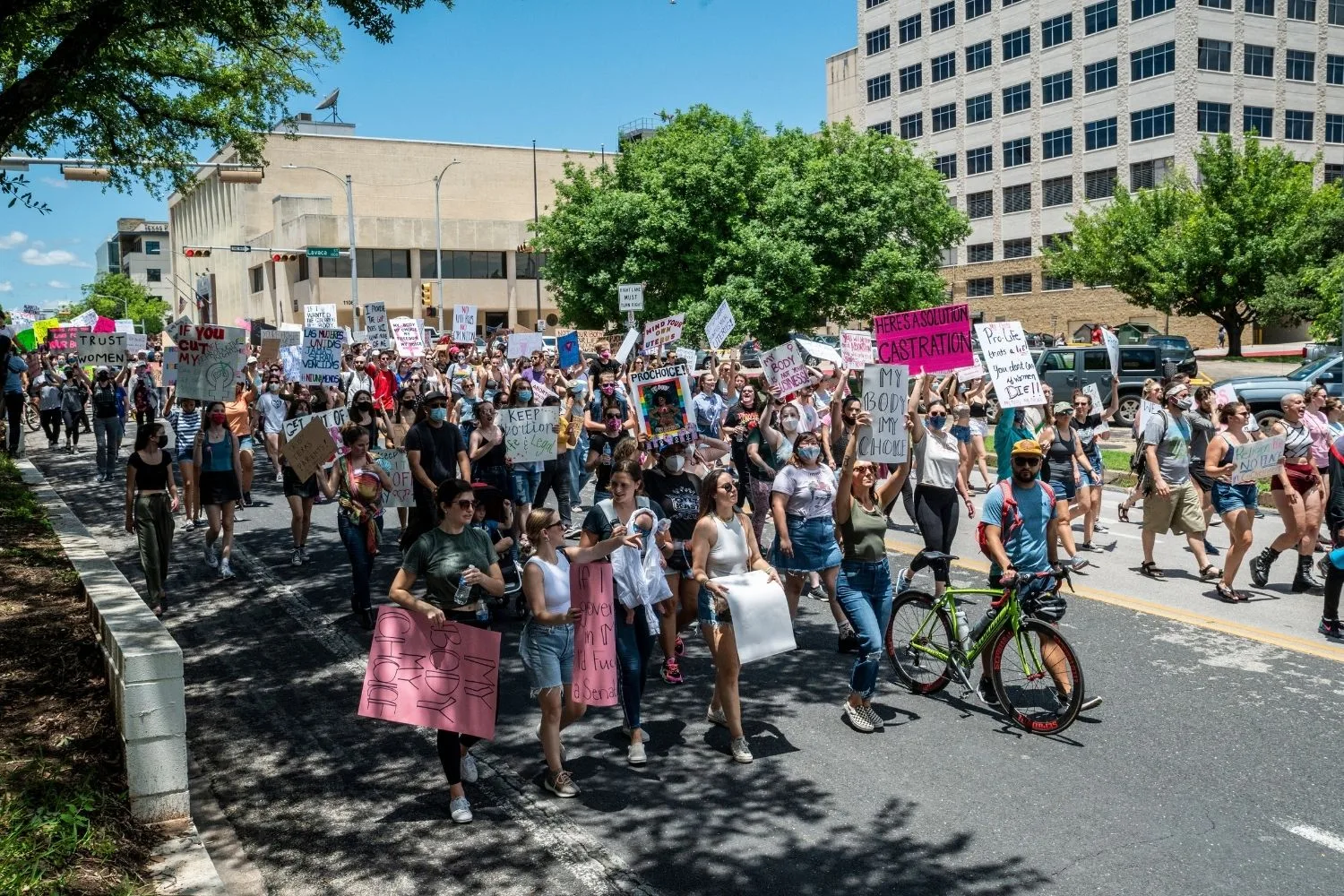
“Everywhere in Australia, access to abortion and contraception care is very much a postcode lottery,” Jamal Hakim, the managing director of an NGO that provides reproductive health services, told the ABC in July.
“It gets even more difficult when it comes to rural and remote Australia.”
So, while people in Texas are fighting a battle that Australian women will hopefully never have to face, let’s not forget the path we still have to forge Down Under to make abortion safe and accessible to all.
